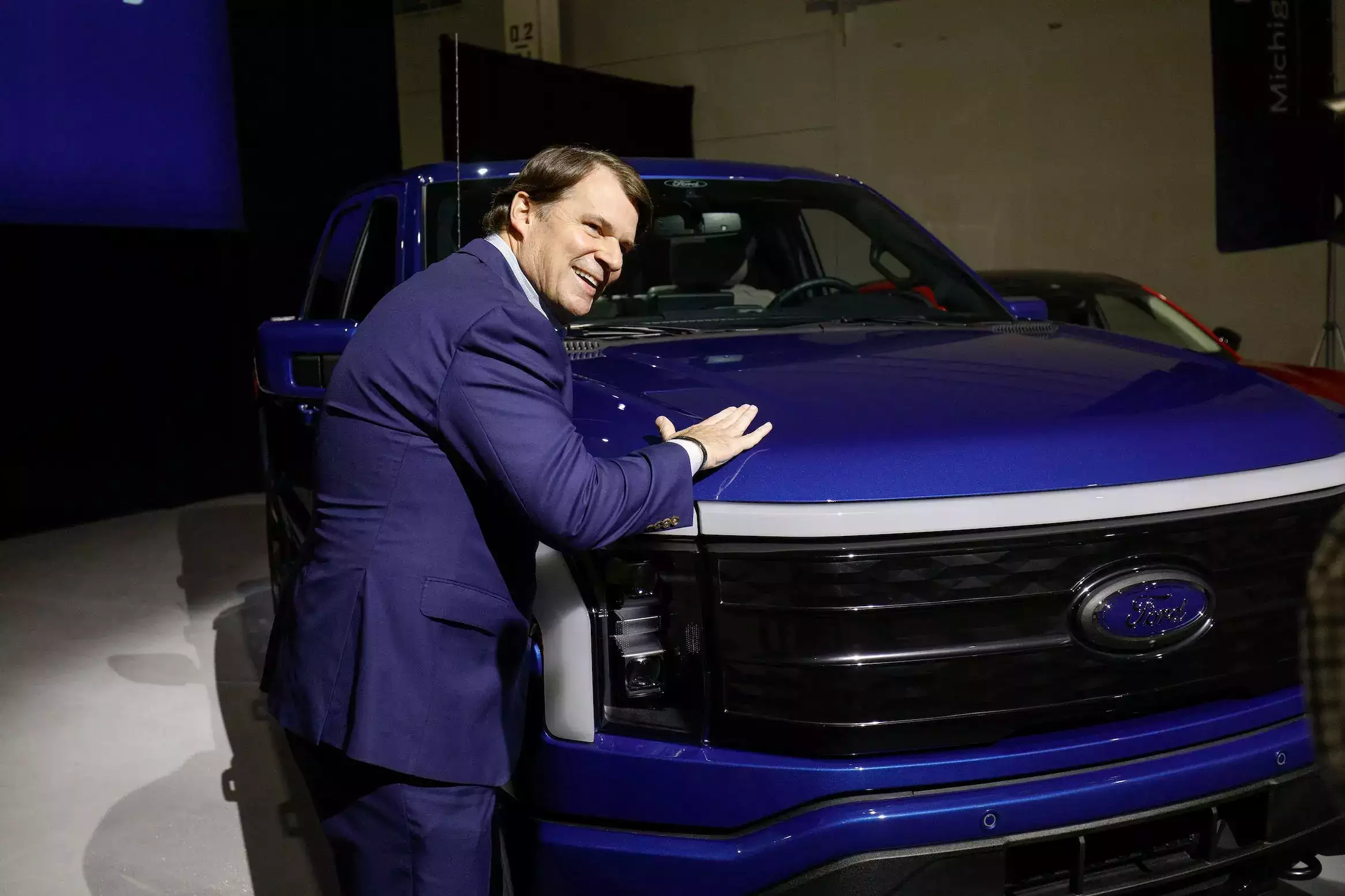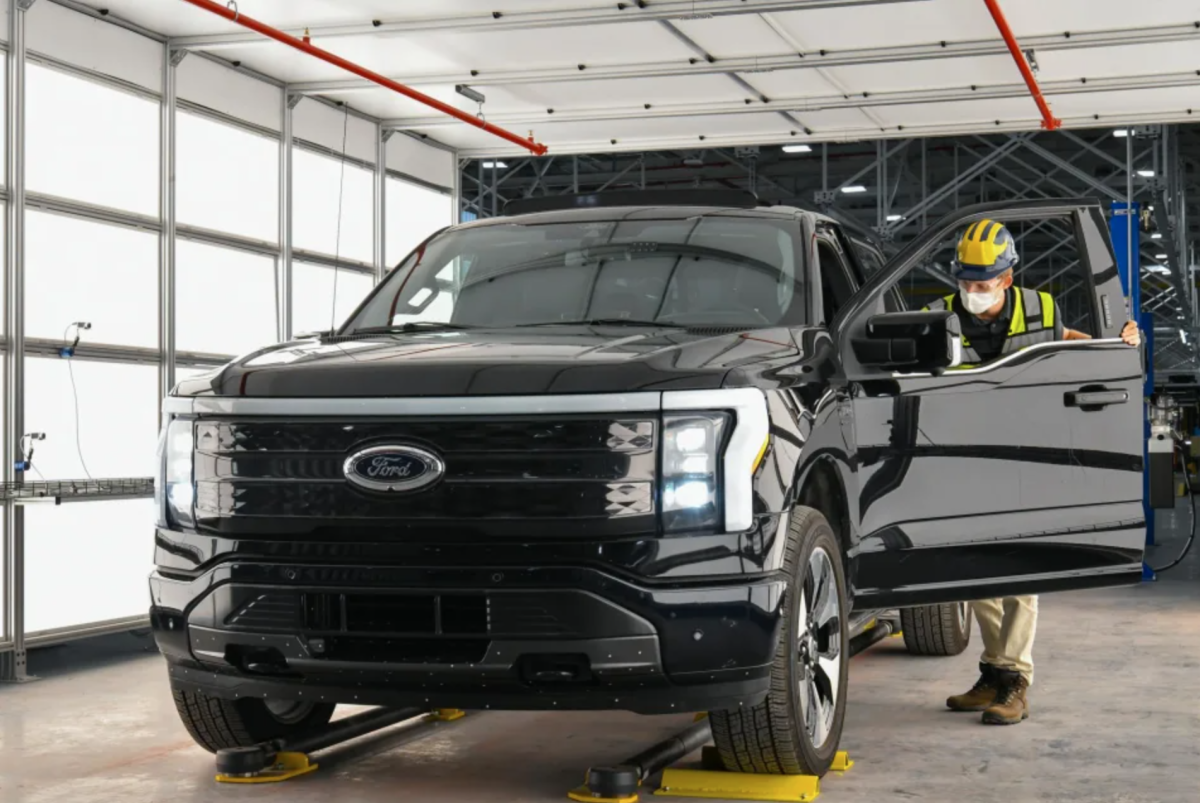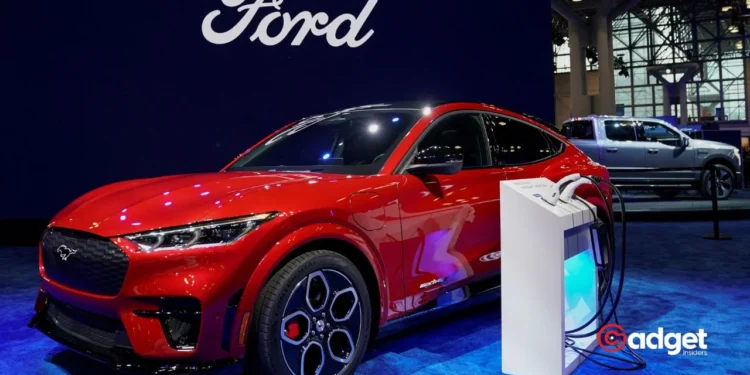In the shifting terrain of the automotive industry, Ford has emerged with a strategic upper hand thanks to its focus on hybrid vehicles—a move proving to be a game changer. As electric vehicle (EV) manufacturers grapple with a price war and slowing demand, Ford’s hybrid approach is reaping rewards, highlighting the company’s astute market foresight.

Ford’s Hybrid Sales Surge as EV Sector Faces Challenges
During the recent earnings announcement, Company revealed a significant 36% surge in hybrid sales for the first quarter of 2024, positioning the company as the third-largest hybrid seller in the U.S., trailing only behind giants Toyota and Honda. This growth contrasts sharply with its pure EV business, where the Ford Model e unit reported a loss of $1.3 billion over the same period. Jim Farley, Company’s CEO, expressed his relief at past decisions favoring hybrids: “We made a lot of capacity decisions several years ago on hybrids, and I’m very thankful we did.”
The broader EV market’s struggle, exacerbated by a lack of affordable models, has inadvertently favored Company’s hybrid-centric strategy. This shift is timely, as hybrids, once viewed skeptically by EV purists like Elon Musk as merely a transitional technology, are now enjoying a resurgence due to their affordability and efficiency.

Market Dynamics: Hybrids Gain as EVs Plateau
The pricing dynamics further underscore the changing consumer preference. According to data from Edmunds cited by The New York Times, the average price paid for hybrids in November 2023 stood at $42,500, significantly lower than the $60,500 average for electric vehicles. This price differential is crucial in a market still recovering from economic uncertainties, where consumers prioritize cost-effectiveness.
Toyota and General Motors are also responding to these market shifts. Toyota continues to excel with its hybrid-heavy lineup, seeing an 84% increase in sales, emphasizing the company’s cautious approach towards full electrification. Conversely, General Motors has dialed back its exclusive focus on EVs, reintroducing hybrids to its North American offerings in a clear nod to shifting market demands.
— TôuTzuSays (@TouTzuSays) April 26, 2024
Strategic Flexibility and Future Prospects
Company’s decision to delay the launch of a new electric SUV from 2025 to 2027 reflects a strategic recalibration towards hybrids. Jim Baumbick, Ford’s vice president, reiterated the enduring role of hybrids in Ford’s portfolio, suggesting that the company’s strategy offers “freedom of choice” to consumers navigating between traditional, hybrid, and electric offerings.
This balanced approach not only caters to current market needs but also positions Ford advantageously for future technological shifts. As the industry evolves, Company’s adaptable strategy could serve as a blueprint for others, highlighting the importance of flexibility in technology adoption and market responsiveness.

Competing Philosophies: Tesla’s All-Electric Stance Versus Ford’s Hybrid Strategy
Tesla, led by Elon Musk, remains a staunch opponent of hybrids, insisting that pure electric vehicles represent the future of transportation. Despite this conviction, Tesla has acknowledged the pressure on global EV adoption rates, influenced partly by the growing popularity of plug-in hybrids. Musk’s recent remarks underline a critical divergence in strategy between Ford and Tesla, with each betting on different visions of the automotive future.
As Ford reinforces its commitment to hybrids, the company not only capitalizes on current economic conditions but also strategically positions itself for continued relevance in the automotive industry. Whether this approach will sustain long-term success remains to be seen, but for now, Ford’s hybrid strategy is decidedly paying off, marking a significant pivot in an industry at a crossroads.










